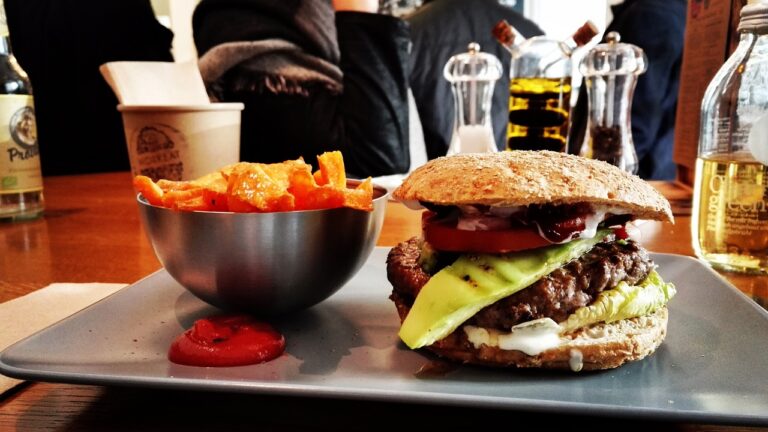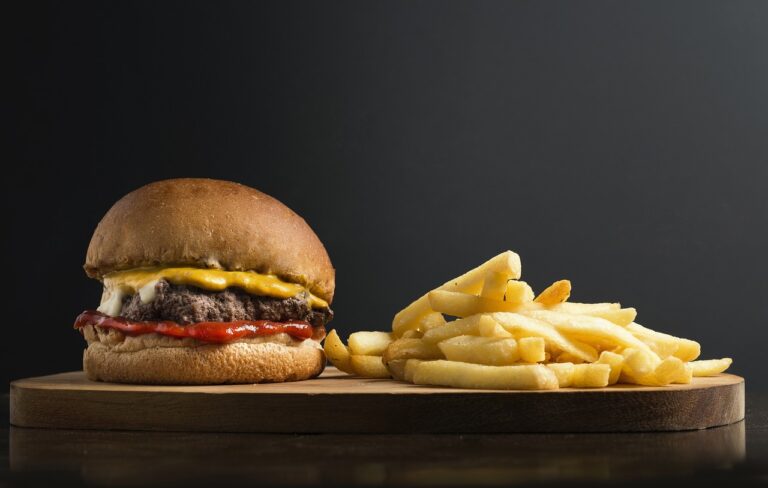The Rise of Food Tech Startups: Disrupting Traditional Food Industry Models
The traditional food industry has been grappling with various challenges in recent years. One of the key obstacles is adapting to the changing consumer preferences and demands. With a shift towards healthier, sustainable, and ethically sourced products, traditional food businesses are finding it challenging to meet these evolving needs while still maintaining their established practices.
Moreover, increasing competition from large multinational food corporations and fast-food chains has put pressure on traditional food industry players to innovate and differentiate themselves in the market. This fierce competition, coupled with rising production costs and stringent regulations, has made it difficult for many traditional food businesses to stay afloat and remain profitable in today’s dynamic landscape.
Innovative Solutions Offered by Food Tech Startups
Food tech startups have been revolutionizing the traditional food industry by introducing innovative solutions to address various challenges. These startups are leveraging technology to enhance efficiency, sustainability, and consumer experience in the food sector. From farm-to-table tracking systems to personalized nutrition apps, food tech startups are catering to the diverse needs of the modern consumer.
One of the key focus areas for food tech startups is ensuring transparency in the food supply chain. By utilizing blockchain technology and IoT devices, these startups are enabling consumers to trace the origin of food products, verify their quality, and make informed purchasing decisions. This transparency not only builds trust with consumers but also helps in promoting sustainability and ethical practices in the food industry.
Impact of Technology on Food Industry Evolution
Technology has revolutionized the food industry, impacting every aspect from production to consumption. Advancements in automation, artificial intelligence, and data analytics have optimized processes, leading to increased efficiency and reduced costs for food businesses. With the adoption of digital tools, companies can now track inventory in real-time, streamline supply chains, and enhance overall productivity.
Moreover, technology has transformed the way consumers interact with food, with the rise of food delivery apps, meal kit services, and online grocery platforms. This shift towards convenience and personalization has reshaped consumer preferences and buying behaviors. The availability of online reviews, nutritional information, and cooking tutorials has empowered customers to make informed decisions, driving the demand for transparency and quality in the food industry.
What are some challenges faced by the traditional food industry?
Some challenges faced by the traditional food industry include increasing competition, changing consumer preferences, food safety concerns, and rising costs of production.
How are food tech startups offering innovative solutions to these challenges?
Food tech startups are offering innovative solutions through the use of advanced technologies such as blockchain for traceability, artificial intelligence for predictive analytics, and robotics for automation in food production and delivery.
How has technology impacted the evolution of the food industry?
Technology has greatly impacted the evolution of the food industry by revolutionizing processes from farm to fork, improving efficiency, increasing transparency, enhancing food safety standards, and providing personalized experiences for consumers.






